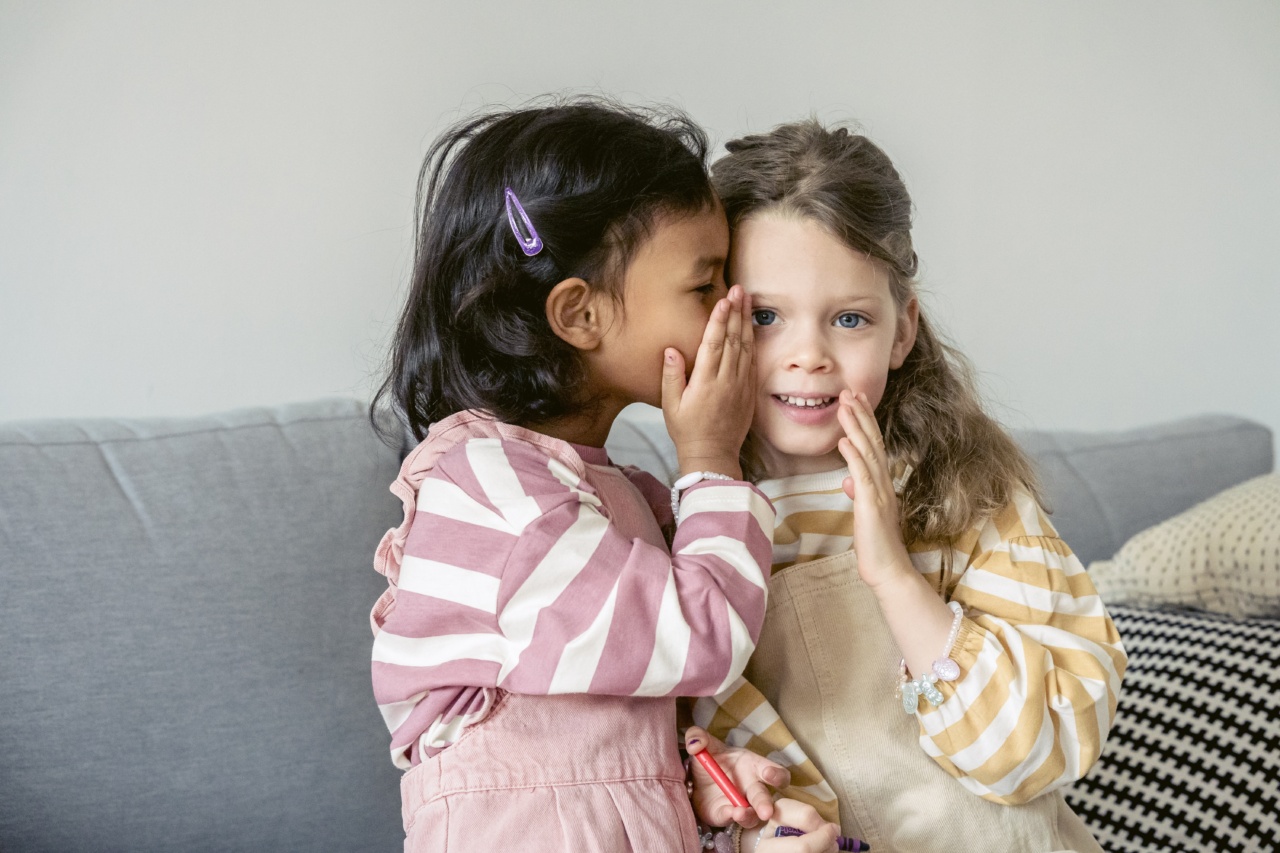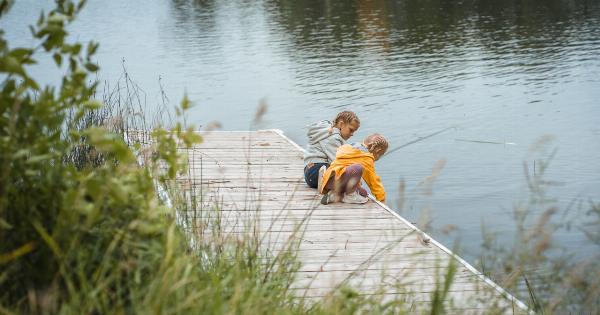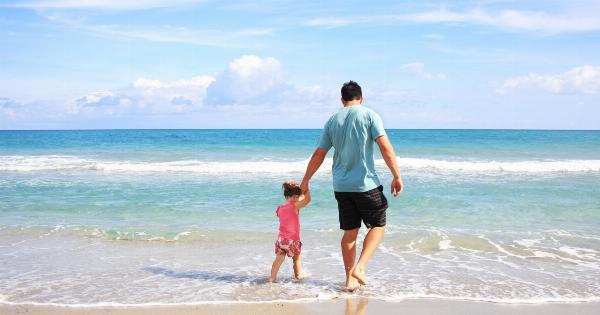As parents, we are always concerned about the people our children associate with, especially when it comes to their close friends.
A child’s best friend can have a significant impact on their social and emotional well-being, so it’s important to understand this relationship and how you can support it. Here are some key points to consider when it comes to your child’s best friend.
The Role of a Best Friend
A best friend is more than just a playmate. They provide emotional support, companionship, and a sense of belonging. They can help your child develop social skills, learn how to communicate effectively, and build self-confidence.
Best friends often share common interests, values, and experiences, which can help strengthen the bond between them.
Signs of a Great Best Friend
So, how do you know if your child’s best friend is a positive influence? Here are some signs to look out for:.
- They treat your child with respect and kindness
- They are supportive and encourage your child’s interests and goals
- They are inclusive and don’t leave your child out of activities
- They are trustworthy and keep your child’s secrets
When to Be Concerned
Not all best friend relationships are healthy, and it’s important to watch for warning signs that your child may be in a negative friendship. Here are some red flags to be aware of:.
- Your child’s friend is consistently mean or disrespectful to them
- Your child’s friend’s behavior or influence is causing your child to change in a negative way
- Your child’s friend is pressuring them into doing things they don’t want to do, like engaging in risky behaviors
- Your child’s friend is overly possessive or jealous
Talking to Your Child About Their Best Friend
If you have concerns about your child’s best friend, it’s important to communicate with your child about your worries. However, it’s crucial to approach the conversation in a non-judgmental way.
Here are some tips for talking to your child about their best friend:.
- Listen actively to your child’s thoughts and feelings about their friend
- Acknowledge your child’s feelings and validate their experience
- Ask open-ended questions to encourage discussion
- Express your own concerns in a calm and respectful tone
Supporting Your Child’s Best Friend Relationship
If you feel that your child’s best friend is a positive influence, there are things you can do to support their relationship. Here are some ideas:.
- Plan activities that your child and their friend can do together
- Invite your child’s friend to family events or dinners
- Encourage your child to talk about their friend and share positive experiences together
- Offer to carpool or coordinate play dates with the friend’s family
The Importance of Boundaries
As important as it is to support your child’s best friend relationship, it’s also essential to prioritize boundaries.
Encourage your child to maintain a healthy balance between time spent with friends and other activities, like hobbies, schoolwork, and family time. It’s also okay to set limits on certain activities or behaviors that you don’t feel comfortable with.
Conclusion
Your child’s best friend plays a critical role in their social and emotional development. By understanding the nature of this relationship, you can better support your child and help them cultivate positive friendships.
Remember to stay open and communicative with your child about their friends, and encourage them to prioritize healthy boundaries while still enjoying fun and fulfilling relationships with their peers.

























